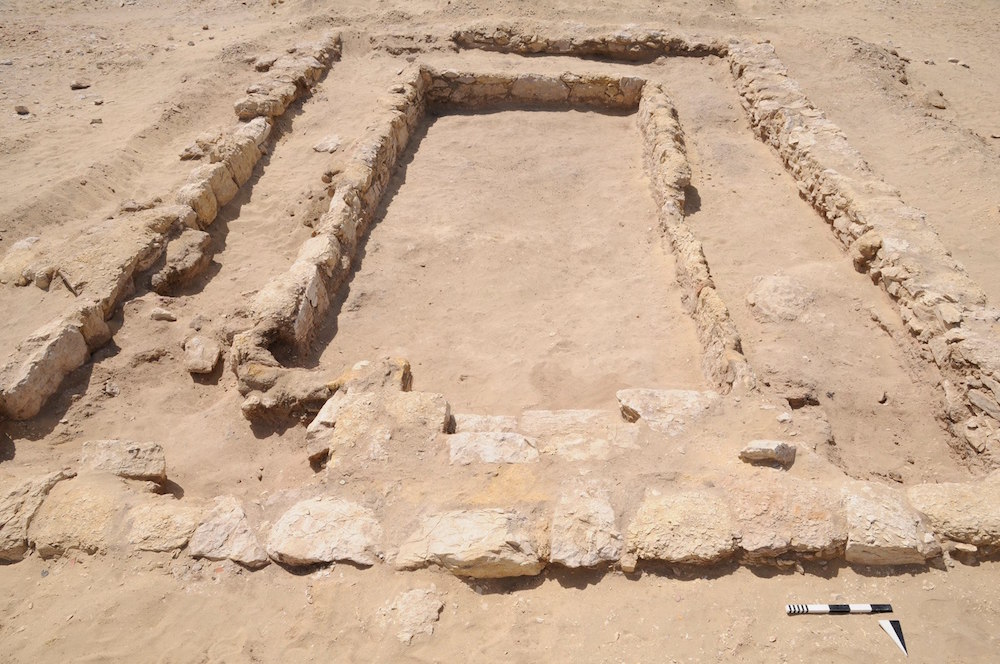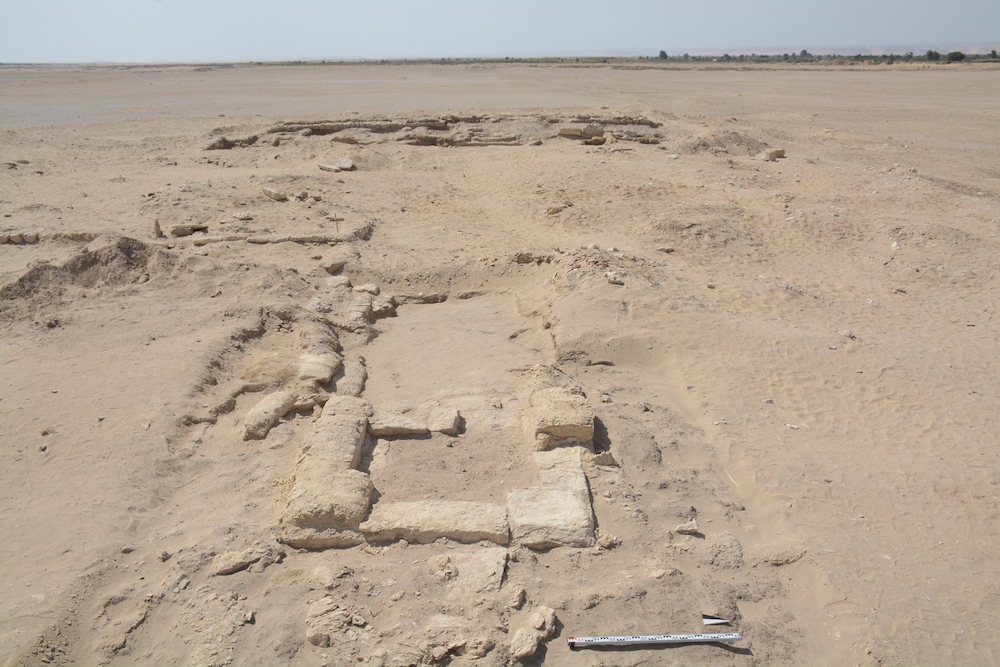Ancient Athletes: Greek-Style Gymnasium Unearthed in Egypt

Get the world’s most fascinating discoveries delivered straight to your inbox.
You are now subscribed
Your newsletter sign-up was successful
Want to add more newsletters?

Delivered Daily
Daily Newsletter
Sign up for the latest discoveries, groundbreaking research and fascinating breakthroughs that impact you and the wider world direct to your inbox.

Once a week
Life's Little Mysteries
Feed your curiosity with an exclusive mystery every week, solved with science and delivered direct to your inbox before it's seen anywhere else.

Once a week
How It Works
Sign up to our free science & technology newsletter for your weekly fix of fascinating articles, quick quizzes, amazing images, and more

Delivered daily
Space.com Newsletter
Breaking space news, the latest updates on rocket launches, skywatching events and more!

Once a month
Watch This Space
Sign up to our monthly entertainment newsletter to keep up with all our coverage of the latest sci-fi and space movies, tv shows, games and books.

Once a week
Night Sky This Week
Discover this week's must-see night sky events, moon phases, and stunning astrophotos. Sign up for our skywatching newsletter and explore the universe with us!
Join the club
Get full access to premium articles, exclusive features and a growing list of member rewards.
Archaeologists have discovered Egypt's first known ancient gymnasium, a building that once sported a racing track, gardens and meeting halls, according to the country's antiquities ministry.
The ancient Greeks built gymnasiums as workout spaces where athletes could train for games. After Alexander the Great conquered Egypt, Greek architecture and customs swept through the region. That included, apparently, this gymnasium.
The gymnasium was once a grand structure. It had a large hall, likely used for meetings, that was once adorned with statues. It also had a dining hall, a courtyard, bountiful gardens and a racetrack that was nearly 655 feet (200 meters) long, the ministry said in a statement shared on Facebook. [7 Amazing Archaeological Discoveries from Egypt]
A German and Egyptian archaeological team unearthed the gymnasium in Philoteris, an ancient village named for Philotera, the sister of King Ptolemy II. He was the second king of the Greek-ruling Ptolemaic dynasty and founded the village in the 3rd century B.C. The village is located in present-day Fayum, a city about 90 miles (145 kilometers) southwest of Cairo.
It's likely that 2,300-year-old gymnasium was paid for by wealthy people who wanted their village to look more Greek, the excavation's leader, Cornelia Römer, said in a statement. The gymnasium was a place where young, upper-class men who spoke Greek could train in sports, learn to read and write, and debate philosophy, Römer said.
Other ancient Hellenistic cities also had gymnasiums, including Pergamon and Miletus in Asia Minor and Pompeii in Italy, Römer said. The gymnasium in Philoteris is smaller than most, but it shows that Greek culture had permeated into even the Egyptian countryside, Römer said.
The newfound gymnasium was far from the only Greek structure in Philoteris. After Alexander the Great's conquest, thousands of Greek settlers moved to Egypt, attracted by the promise of peace and prosperity, the ministry said.
Get the world’s most fascinating discoveries delivered straight to your inbox.
The delta near Philoteris was already a popular residence for Egyptians, and it soon became a home for Greek newcomers. Indeed, when it was founded, Philoteris had about 1,200 inhabitants; two-thirds of them were Egyptians, and one-third of them were Greek-speaking settlers, the ministry said.
Archaeological digs show that many villages like Philoteris had both Egyptian temples and Greek sanctuaries, as well as public baths — a custom brought over from Greece that both Egyptian- and Greek-speaking denizens used.
While the new find is exciting, it wasn't a complete surprise, Römer said. Archaeologists already knew of inscriptions and papyri that indicated the Egyptian countryside had gymnasiums during the Ptolemaic period, the ministry said. There is also evidence of payments for the construction of gymnasiums and notes about the men who governed these institutions.
Original article on Live Science.

Laura is the managing editor at Live Science. She also runs the archaeology section and the Life's Little Mysteries series. Her work has appeared in The New York Times, Scholastic, Popular Science and Spectrum, a site on autism research. She has won multiple awards from the Society of Professional Journalists and the Washington Newspaper Publishers Association for her reporting at a weekly newspaper near Seattle. Laura holds a bachelor's degree in English literature and psychology from Washington University in St. Louis and a master's degree in science writing from NYU.
 Live Science Plus
Live Science Plus











